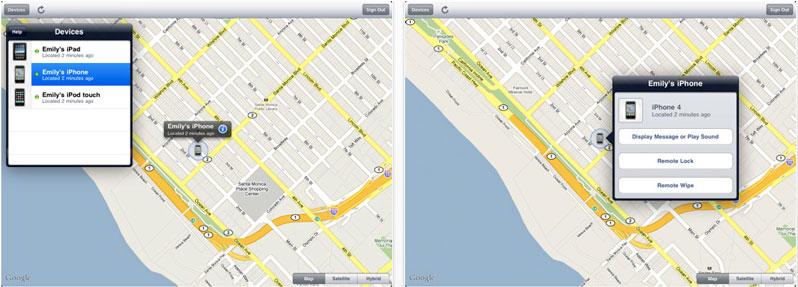New AT&T system will allow users to block stolen devices from use
Last updated
Once a device has been reported stolen, users who own the handset will be able to deny that device voice, data and text messaging access while keeping their account intact, according to The Verge. The new method would allow users to avoid having to engage a full SIM block, which can be inconvenient and cause disruption in service.
The new security measure is set to launch on July 10, according to a leaked memo from the company. The details shown in the memo state:
- Any stolen phone or tablet may be added to the blocklist.
- Postpaid, Prepaid (GoPhone), and All Channels included.
If the owner of a stolen phone has a remote wipe functionality, like the one included in Apple's Find My iPhone feature in iCloud, they will need to perform this function before suspending access to that device in order to prevent the thief from viewing their personal information.
In addition to what the leaked memo states, The Verge was also told that AT&T will not keep a centralized directory of blocked phones. Instead, only the person who originated a block on a device may lift the block, if, for example, they were to get their handset back.
The new AT&T-specific security measure is separate from an initiative announced in April, through which U.S. carriers are cooperating with the Federal Communications Commission to create a database of stolen mobile phones. The goal is to curb the theft of expensive, contract-subsidized smartphones like Apple's iPhone by reducing their value once stolen.
AT&T's new security feature will go beyond smartphones, however, and would also allow customers who may lose their 3G-enabled iPad to also block that device from accessing AT&T's network.
 AppleInsider Staff
AppleInsider Staff














 Amber Neely
Amber Neely
 Thomas Sibilly
Thomas Sibilly

 William Gallagher
William Gallagher
 Malcolm Owen
Malcolm Owen
 Christine McKee
Christine McKee










35 Comments
Couple of questions- Could a very large encryption password be remotely turned on to prevent any access to the device except by the owner? Why can't police use 'find my device' as probably cause to search the location it is shown at... Or can they?
1) I wonder what safeguards they have to prevent errors and "spiteful" submissions. 2) While I do like this profession I don't think it adds more than a minor hurdle to those stealing phones y like there is a worldwide blacklist service in place. iNterpool?
So my iPhone, which is linked to my number, goes missing. I can block that device (the linkage proving my authority over it) while keeping my number open to be used in another device. Great. Until my missing iPhone is unlocked and put on simplemobile, tmobile etc. because they will not be alerted about the loss. And Apple won't do anything unless I file a police report and they are willing to take to Apple on my behalf etc. and even then the best they are likely to do is deny any service paid or unpaid on the lost phone because no one can prove the new owner was the thief or knew it was stolen goods. Well I guess even this baby step is better than nothing
I'll say it again, What we need is a password to "power off device" so the we may use all the features of iCloud's "find my iPhone" then we could utilize the AT&T features on the wiped phone. The device has to be on in order for this sort of plan to work properly With Apple's features in unison with the new AT&T new block.
This is only effective when there is a central database that all carriers lookup and or write to. I think this was where the FCC was going. BTW, this was available on the old cellular networks when the devices cost more because AMPS and CDMA used an ESN which was used as part of the activation. Since the IMSI (and subscription to the user) is tied to the SIM, the device is just a host and until recently couldn't be tracked (downside of the GSM technology). The EIR will do this function but until they are all tied together , it is all relatively useless.